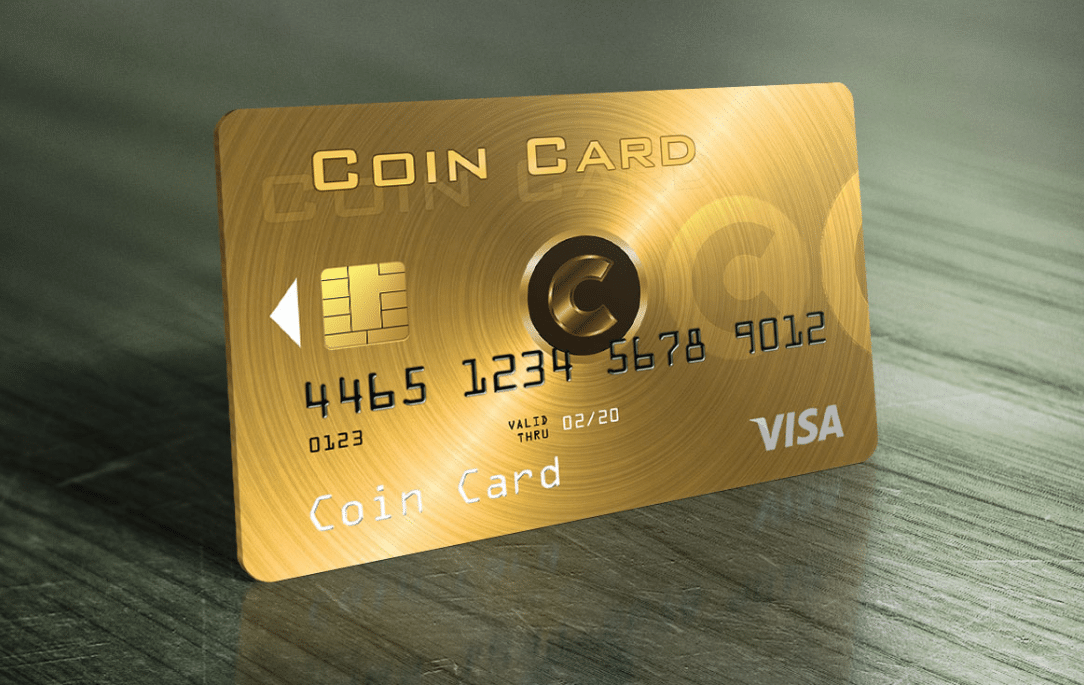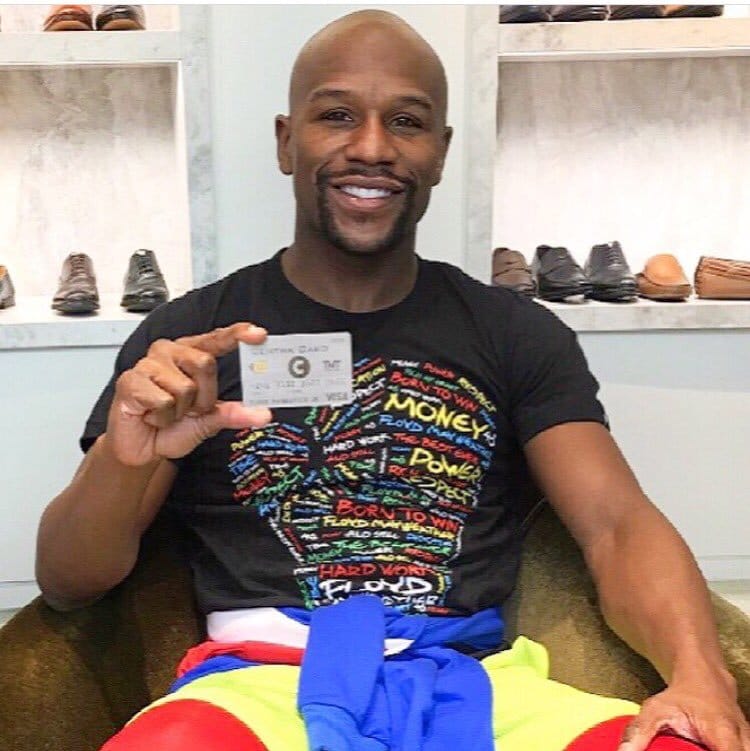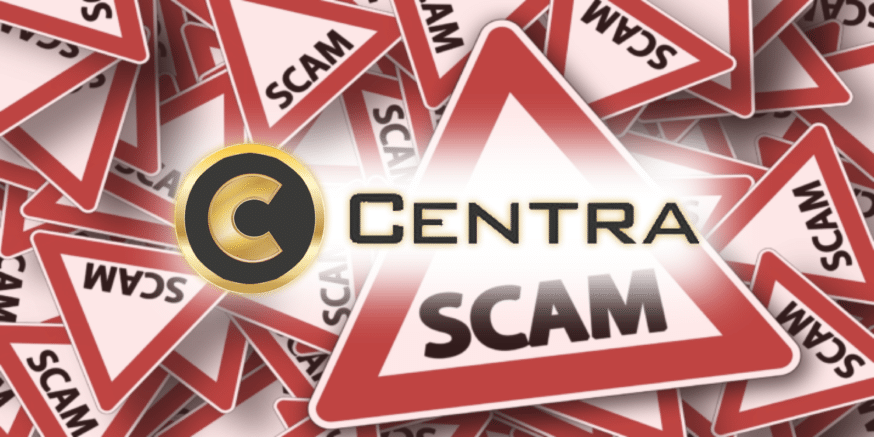Centra (CTR coin) was one of 2018’s biggest crypto scams. The ICO raised $32 million from investors, claiming big-name partnerships and boasting celebrity endorsements, before a spectacular fall from grace. Police arrested the founders, and exchanges promptly delisted the coin. Even the celebrities who endorsed CTR coin are now facing possible legal action.
So what happened with Centra coin, and what can we learn that may help to avoid falling for such scams in the future?
What Was CTR Coin?
Given that the website is now offline, it’s a challenge to find out much information about CTR coin beyond news stories covering the scam. Centra coin claimed to be the solution to the spending problem of Bitcoin and other cryptocurrencies. The company would offer its users a debit or credit card that allowed them to spend their cryptos in the same way we spend fiat using a regular credit or debit card. Sounds good, right?
The CTR coin ICO website stated its aim of building “the world’s first multi-blockchain debit card and smart and insured wallet.” There would also be a wallet, linked to the cards, which provided insurance cover for stored assets. The wallet would work with more than five major cryptocurrencies including Bitcoin, Ethereum, and Litecoin, and could be used across more than 100 countries.
The company claimed to have partnerships set up with Visa and Mastercard to ensure their card could be used in the same way as a regular card. Boxer Floyd Mayweather and music producer DJ Khaled both endorsed the project.

The Fall of CTR Coin
The ICO brought in $32 million worth of ETH from investors. However, even before any SEC intervention, members of the crypto community had started to post concerns about the authenticity of the CTR coin project. Fishy findings included fake profile pictures and fake Twitter followers. Only paid press releases covered the project, which the founders were commenting on as if they were organic posts. In October 2017, the New York Times stated that a Visa spokesperson had denied any involvement with Centra coin.
Still, the founders seemed to have answers. They stated that a team of unreliable freelancers had messed up profile images and botched the company Twitter account. Following the NYT article, they simply removed all references to Visa from the company website.
By April 2018, the SEC had taken matters into its own hands. Police arrested two of the CTR coin founders, Sohrab “Sam” Sharma, and Robert Farkas, for securities fraud. The SEC accused the Centra coin co-founders of “spinning a web of lies,” and stated it was seeking permanent injunctions and a full refund of investors money.
Shortly afterward, the major exchanges started delisting the coin. Once the CTR Binance delisting happened, the coin became virtually worthless. Most recently, Centra coin news reports indicated that DJ Khaled and Floyd Mayweather are both facing legal action for their roles in shilling the project. Still, there’s nothing to guarantee that investors have or will get their money back.
[thrive_leads id=’5219′]
What We Can Take Away from the CTR Coin Fiasco
If you’re one of the investors unfortunate enough to get caught up in the Centra coin debacle, then you have our sympathies. However, don’t come at us with the Twitchforks for writing this, but there are some useful takeaways from these events. Here are our biggest takeaways from the Centra coin scam:
Always Check the Most Significant Claims Made by Any Project
If a coin claims to have a partner like Visa or PayPal on board, then see if there are any corroborating press releases on those company websites. If you can’t find anything, the claim may not be genuine.
Big brands will often speak out if they think anyone is using their brand name under false pretenses. If you can’t find anything on the company website, and there is nothing else to indicate if the alleged partnership is genuine, tweet up the alleged partner company to ask them. Worst case, you get no reply. In the best case, you’ll get an answer that confirms or rejects your suspicions.
Celebrity Endorsements Mean Nothing
Literally nothing. Floyd Mayweather may be a great sportsman, but why assume he knows anything more about crypto than your granny? If uber-diva Mariah Carey could be convinced to advertise grungy hostel accommodations (yes, it happened), it’s entirely within the realms of possibility that any celeb is being paid to shill a crypto project.

Check out the Team in Detail
Look at their profiles on LinkedIn. Google them. Google Image search them. Reverse Google Image search them. Google News search them. If anything doesn’t add up, shout it out to the project’s community management team.
If you can, run a search on company registrations. It will show if the founders have had any dealings or held directorships with other companies. These searches can be more difficult in the US, but it’s easier in some other countries such as the UK.
Read All the News Articles You Can Find About the Company
If you can only find paid press releases or obviously sponsored posts, then it’s possible that the project team are buying their way into publications. There are just a few crypto publications that don’t run paid promotions.
Of course, if you are considering investing in any new blockchain project, you should be doing a more in-depth due diligence exercise on the fundamentals of the project. However, these are just a few of the more obvious areas where a project can leak clues indicating its authenticity.
Finally
Scams like CTR coin are designed to suck people in. Their existence is a sign of the immaturity of the sector and indicates that regulation is not a bad thing. However, even with regulation, make sure you follow checks like the ones listed above. When you do, you can be confident that you’re taking common-sense precautions to protect your investments.
Featured image credit: Pixabay
Never Miss Another Opportunity! Get hand selected news & info from our Crypto Experts so you can make educated, informed decisions that directly affect your crypto profits. Subscribe to CoinCentral free newsletter now.










